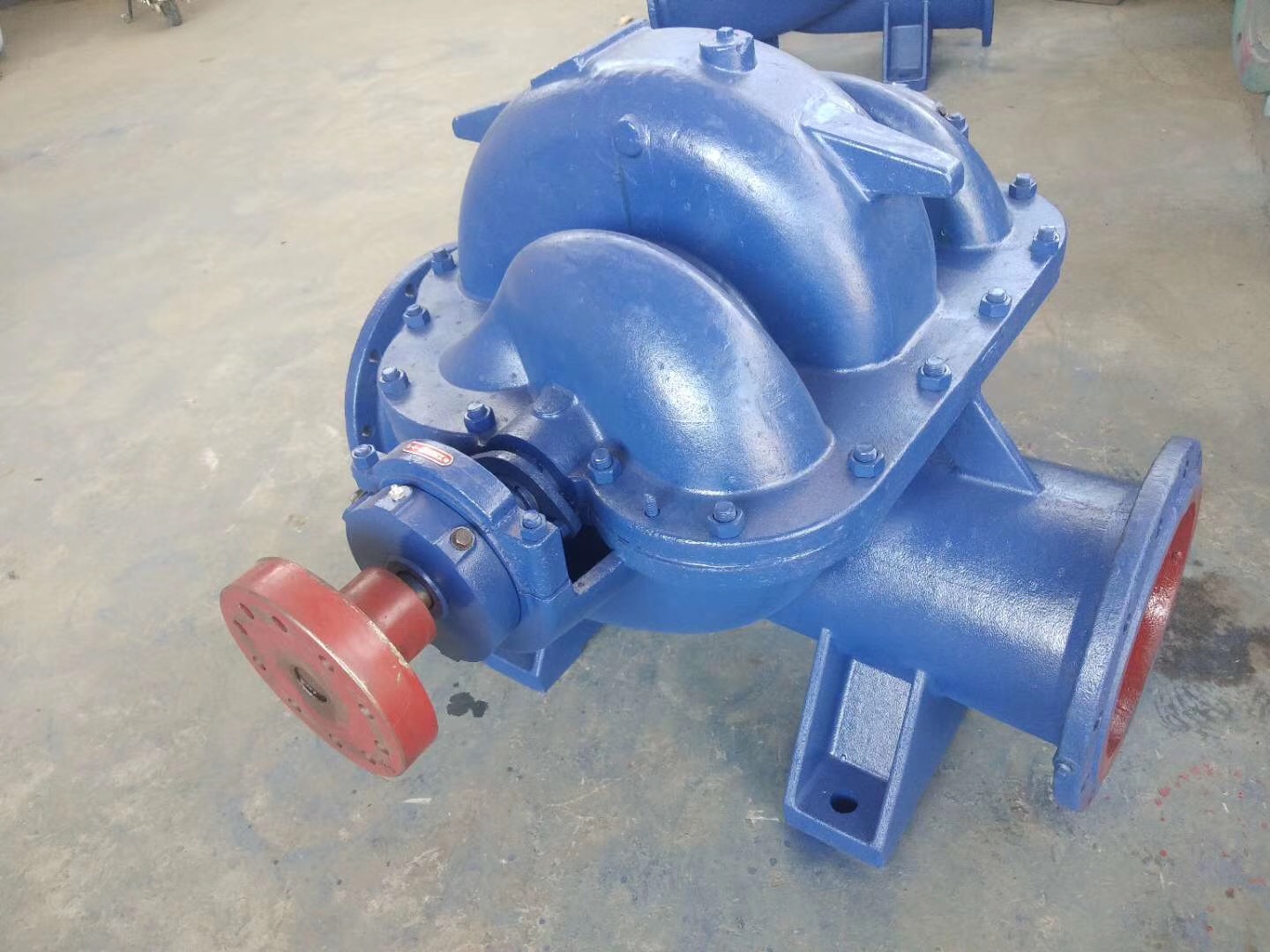Turkmen
- Afrikaans
- Albanian
- Amharic
- Arabic
- Armenian
- Azerbaijani
- Basque
- Belarusian
- Bengali
- Bosnian
- Bulgarian
- Catalan
- Cebuano
- Corsican
- Croatian
- Czech
- Danish
- Dutch
- English
- Esperanto
- Estonian
- Finnish
- French
- Frisian
- Galician
- Georgian
- German
- Greek
- Gujarati
- Haitian Creole
- hausa
- hawaiian
- Hebrew
- Hindi
- Miao
- Hungarian
- Icelandic
- igbo
- Indonesian
- irish
- Italian
- Japanese
- Javanese
- Kannada
- kazakh
- Khmer
- Rwandese
- Korean
- Kurdish
- Kyrgyz
- Lao
- Latin
- Latvian
- Lithuanian
- Luxembourgish
- Macedonian
- Malgashi
- Malay
- Malayalam
- Maltese
- Maori
- Marathi
- Mongolian
- Myanmar
- Nepali
- Norwegian
- Norwegian
- Occitan
- Pashto
- Persian
- Polish
- Portuguese
- Punjabi
- Romanian
- Russian
- Samoan
- Scottish Gaelic
- Serbian
- Sesotho
- Shona
- Sindhi
- Sinhala
- Slovak
- Slovenian
- Somali
- Spanish
- Sundanese
- Swahili
- Swedish
- Tagalog
- Tajik
- Tamil
- Tatar
- Telugu
- Thai
- Turkish
- Turkmen
- Ukrainian
- Urdu
- Uighur
- Uzbek
- Vietnamese
- Welsh
- Bantu
- Yiddish
- Yoruba
- Zulu
Telephone: +86 13120555503
Email: frank@cypump.com
Sep . 26, 2024 04:17 Back to list
best slurry pump
The Best Slurry Pump An Essential Tool for Efficient Fluid Management
In various industries such as mining, construction, and manufacturing, the need for effective fluid management systems is paramount. Among the critical components of these systems is the slurry pump, designed to handle mixtures of liquids and solids. This article delves into the characteristics of the best slurry pumps on the market, shedding light on their features, applications, and advantages.
Understanding Slurry Pumps
Slurry pumps are specially designed to transport abrasive, corrosive, and viscous mixtures, known as slurries, which consist of solids suspended in a liquid. These pumps are engineered to handle a wide range of particle sizes and concentrations, making them an essential asset for various applications such as transporting coal, mining ore, wastewater treatment, and handling cement mixes in construction.
Key Features of the Best Slurry Pumps
1. Robust Construction The best slurry pumps are built to endure harsh environments. Typically manufactured from high-chromium alloys or rubber-lined components, these pumps resist wear and corrosion, ensuring longevity and reliability even when used in abrasive applications.
2. High Efficiency An effective slurry pump maximizes hydraulic efficiency, meaning it can move larger volumes of slurry with less energy consumption. This is particularly crucial in industries where energy costs are a significant portion of overall operational expenses.
3. Versatility Quality slurry pumps are versatile and can be adapted to a wide range of applications. Whether for mining, agriculture, or industrial processes, the best slurry pumps can handle diverse slurry types, including thick sludge and fine particles.
4. Easy Maintenance The best models feature designs that promote easy maintenance and operational efficiency. This includes quick-release mechanisms, access points for inspection, and the availability of spare parts that allow for rapid repair and minimal downtime.
5. Customizable Options Leading manufacturers often provide customizable slurry pumps tailored to specific industry needs. Various pump sizes, materials, and configurations allow users to select the best option for their unique requirements.
best slurry pump

Applications of Slurry Pumps
Slurry pumps play a vital role in several industries
- Mining In mining operations, slurry pumps are used to transport mineral slurries from extraction sites to processing facilities, ensuring safe and efficient movement of valuable resources. - Construction They manage cement slurries in construction projects, where the effective transfer of materials is crucial for project timelines and structural integrity.
- Wastewater Treatment In wastewater treatment plants, slurry pumps help transport sludge through different stages of treatment, facilitating efficient waste management and environmental protection.
Advantages of Using Slurry Pumps
1. Increased Productivity By efficiently moving large volumes of slurry, these pumps significantly enhance operational productivity.
2. Cost-Effectiveness Durable and high-performance slurry pumps reduce the need for frequent replacements and repairs, leading to long-term cost savings.
3. Enhanced Safety Modern slurry pumps are designed with safety features that minimize the risk of accidents, protecting operators and environments.
Conclusion
The best slurry pump is an indispensable asset for any operation dealing with abrasive and viscous materials. By understanding their key features, applications, and advantages, businesses can make informed decisions when selecting the right pump for their needs. Investing in a quality slurry pump not only boosts operational efficiency but also contributes to the overall success of industrial processes. Whether in mining, construction, or wastewater treatment, the right slurry pump stands as a testament to both innovation and reliability in fluid management technologies.
-
pipeline pump - Chi Yuan Pumps Co., LTD.|High Efficiency&Low Noise
NewsJul.31,2025
-
ISG Series Vertical Pipeline Pump - Chi Yuan Pumps Co., LTD.|High Efficiency, Energy Saving, Low Noise
NewsJul.30,2025
-
ISG Series Vertical Pipeline Pump- Chi Yuan Pumps|High Efficiency&Low Noise
NewsJul.30,2025
-
ISG Series Vertical Pipeline Pump-Chi Yuan Pumps Co., LTD.|High Efficiency&Energy Conservation
NewsJul.30,2025
-
ISG Series Vertical Pipeline Pump - Chi Yuan Pumps Co., LTD.|Advanced Hydraulic Design&Energy-Efficient Solutions
NewsJul.30,2025
-
ISG Series Vertical Pipeline Pump - Chi Yuan Pumps Co., LTD.
NewsJul.30,2025










